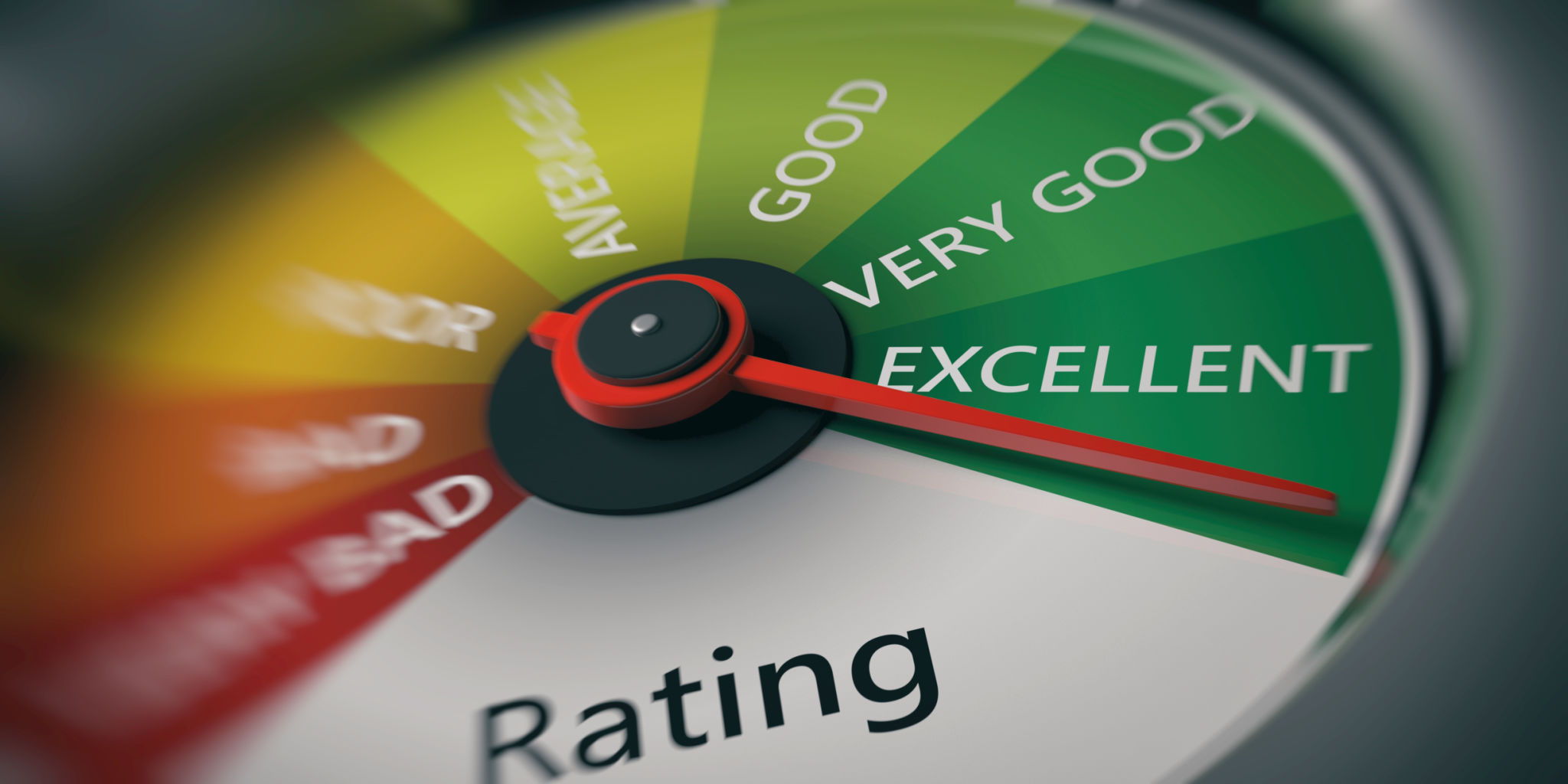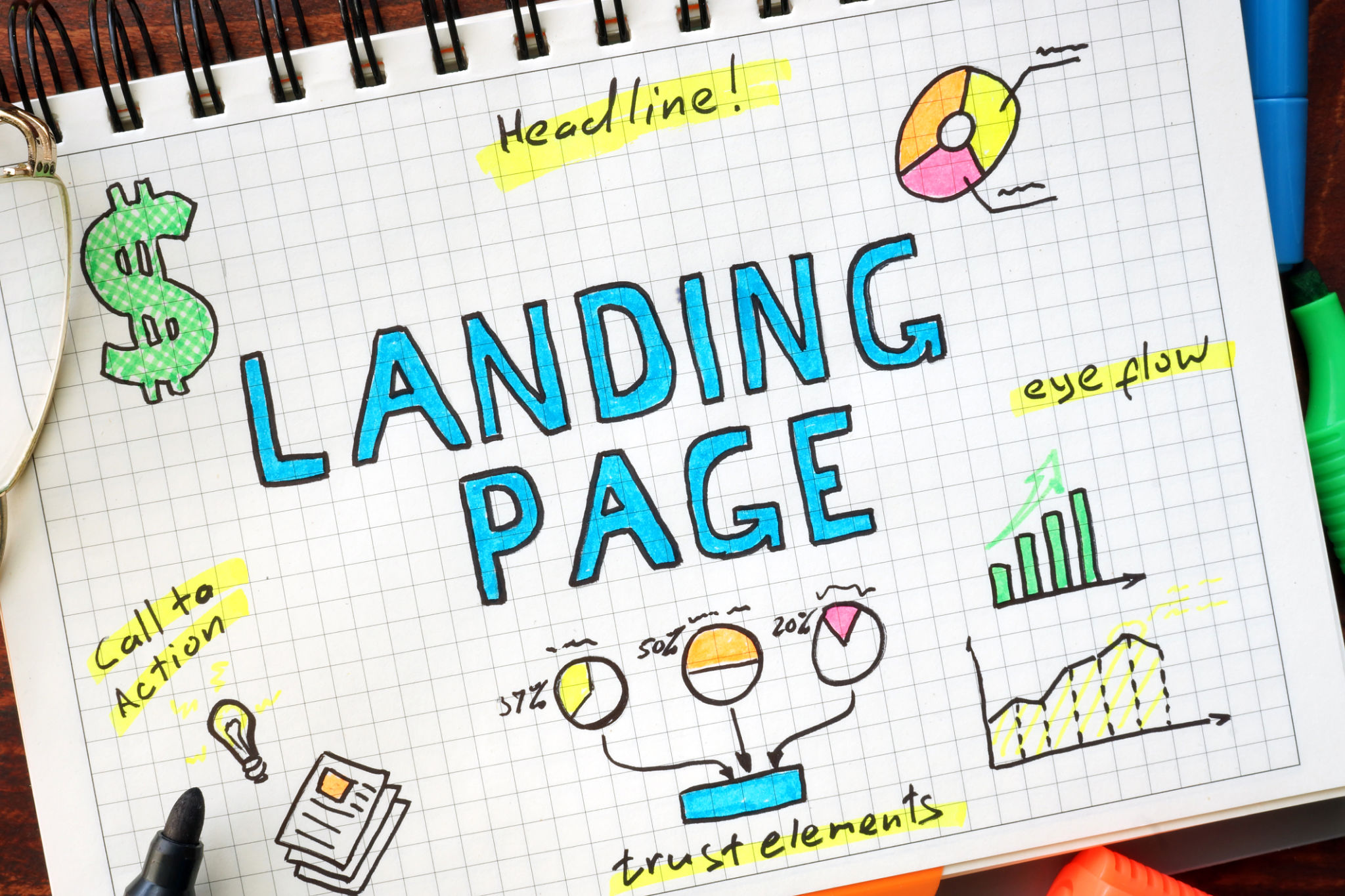Mastering PPC Ad Management Services in the USA: A Comprehensive Guide
Understanding the Basics of PPC Advertising
In the fast-paced world of digital marketing, Pay-Per-Click (PPC) advertising stands out as a powerful tool for driving traffic and generating leads. By paying for clicks on your ads rather than impressions, businesses can ensure they are only investing in actual engagement. This method offers a cost-effective solution for businesses aiming to enhance their online presence.
However, mastering PPC advertising requires a thorough understanding of its mechanics, platforms, and strategies. Whether you're a small business owner or a marketing professional, comprehending the fundamentals of PPC is crucial for success.

Selecting the Right PPC Platforms
The first step in mastering PPC is choosing the right platform for your business. The most popular platforms include Google Ads, Bing Ads, and social media networks like Facebook and Instagram. Each platform has its unique strengths and audience reach.
Google Ads is ideal for businesses seeking to reach a broad audience, while Bing Ads can be beneficial for targeting specific demographics. Social media platforms offer highly targeted advertising options, allowing businesses to reach users based on interests and behaviors.
Google Ads vs. Bing Ads
While Google Ads has a larger user base, Bing Ads often offers lower costs per click and less competition. Understanding the strengths and weaknesses of each platform can help businesses allocate their budget more effectively.

Crafting Compelling Ad Copy
The success of your PPC campaign heavily relies on creating engaging and relevant ad copy. Your ads should clearly convey the benefits of your product or service while encouraging users to take action. Using strong call-to-action phrases and incorporating relevant keywords can significantly improve your ad performance.
Remember, your ad copy is often the first impression potential customers have of your business, so it needs to be both compelling and concise. Testing different versions of your ad copy can provide insights into what resonates most with your audience.
Effective Keyword Research
Keyword research is a cornerstone of any successful PPC campaign. By identifying the terms and phrases your target audience is searching for, you can ensure your ads appear in front of the right people. Tools like Google Keyword Planner and SEMrush can assist in this process.
Long-tail keywords are particularly valuable as they often have less competition and can attract more qualified traffic. Regularly reviewing and updating your keyword list is essential for maintaining campaign effectiveness.

Analyzing and Optimizing Performance
Once your PPC campaigns are live, continuous monitoring and optimization are crucial. Analyzing metrics such as click-through rate (CTR), conversion rate, and return on ad spend (ROAS) can provide insights into campaign performance.
Implementing A/B testing for different elements of your ads, such as headlines and images, can help refine your approach. Consistently optimizing your campaigns ensures that you are maximizing your investment and achieving your business goals.
Understanding Quality Score
A key factor in PPC advertising is the Quality Score, which impacts both ad positioning and cost per click. This score is determined by the relevance of your keywords, the quality of your landing pages, and your ad's click-through rate.
Improving your Quality Score can lead to better ad placements and lower costs. Focus on creating highly relevant ads that provide a seamless user experience from click to conversion.

Navigating Budget Management
Effective budget management is essential for maximizing the success of your PPC campaigns. Setting clear budget limits and regularly reviewing spending ensures you are getting the best return on investment.
Consider allocating more budget towards high-performing campaigns and scaling back on underperforming ones. This dynamic approach allows you to adapt quickly to changes in market conditions and consumer behavior.
The Importance of Landing Page Optimization
Your landing page plays a crucial role in converting clicks into customers. Ensuring that your landing page is optimized for speed, mobile responsiveness, and relevance to your ad copy will enhance user experience and conversion rates.
A/B testing different landing page elements, such as headlines, imagery, and forms, can provide valuable insights into what works best for engaging your audience.

